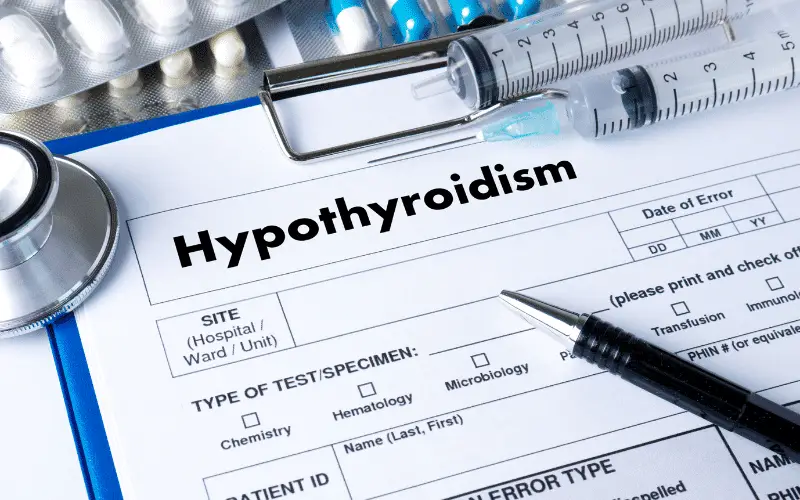Introduction: Hypothyroidism and Iodine – A Vital Connection

One of the great wonders of the human body is its intricate and delicate balance of numerous systems and organs, each playing their part in ensuring our health and vitality. Of these, the thyroid gland may seem small and unassuming, but its role is nothing short of critical. Nestled in our necks, this butterfly-shaped gland is a powerhouse that regulates our metabolism and energy distribution.
Hypothyroidism is a condition that emerges when this tiny yet mighty gland falls behind in its duties, specifically when it doesn’t produce enough thyroid hormones to meet the body’s needs. These hormones, chiefly thyroxine (T4) and triiodothyronine (T3), are pivotal in the body’s metabolic processes, affecting nearly every organ system in our bodies.
Now, consider this – the body cannot produce these vital thyroid hormones without iodine, a mineral we must obtain through diet. The relationship between iodine and the thyroid is so intertwined that an iodine deficiency often results in hypothyroidism.
In the following sections, we delve deeper into this connection, presenting ten important facts about hypothyroidism and iodine deficiency. These facts will shed light on these health issues, their impact, and how they are intertwined.
Fact 1: The Underpinning of Hypothyroidism

Unraveling the complexities of hypothyroidism begins with understanding its core – the underproduction of thyroid hormones. The thyroid gland, a tiny entity located at the front of our necks, is responsible for creating hormones that serve as regulators of our body’s metabolism. When the thyroid gland becomes underactive, the resultant condition is known as hypothyroidism.
Thyroid hormones play a central role in managing numerous bodily functions, from our heart rate to the functioning of our digestive system. They influence the speed and efficiency of metabolic processes, affecting the way our body uses energy. In hypothyroidism, these hormones’ production is compromised, leading to an array of symptoms and complications that can greatly impact a person’s quality of life.
An intriguing factor to note about hypothyroidism is the wide spectrum of severity that it can present. It can range from mild cases, which may display only subtle symptoms, to severe hypothyroidism, which could cause life-threatening complications like myxedema coma, a rare but potentially fatal condition. (1)